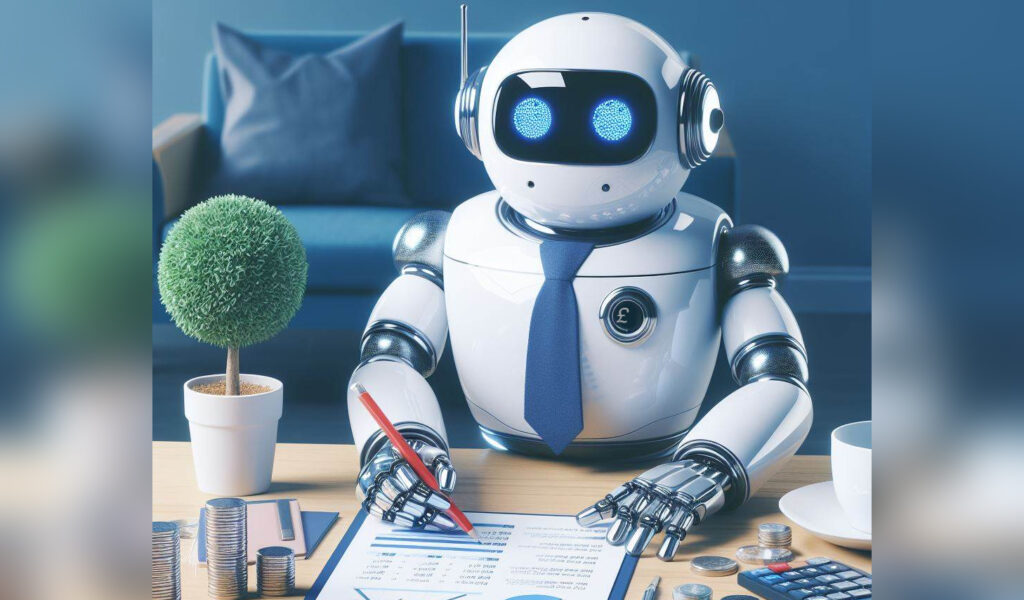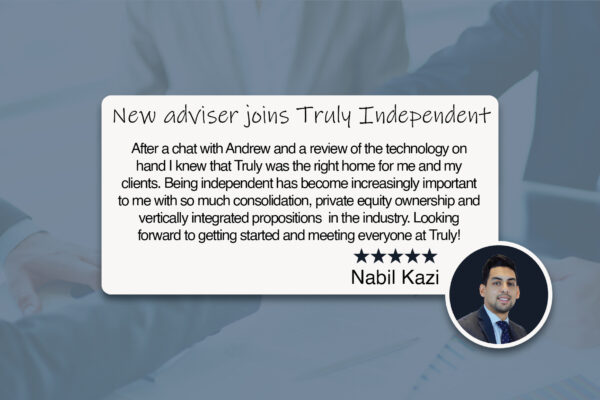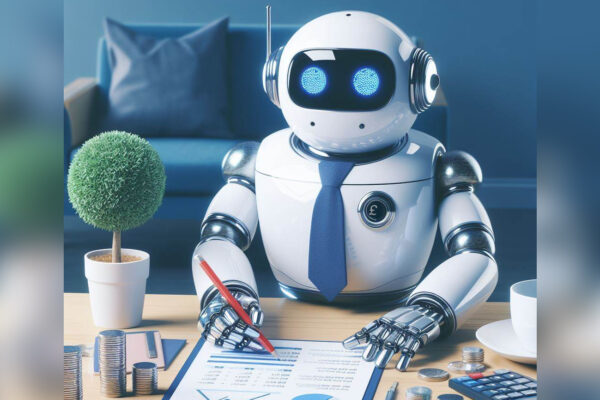
Remember the classic confrontation between man and machine in 2001: A Space Odyssey? Astronaut David Bowman is trying to re-enter his ship, but the vessel’s onboard computer, HAL 9000, refuses to let him in, famously telling him: “I’m sorry, Dave. I’m afraid I can’t do that.”
When Apple launched Siri, the “digital assistant” built into the company’s operating systems, a hidden feature allowed users to relive this encounter. The fun began when you picked up your iPhone and said: “Siri, open the pod bay doors.”
Siri was programmed to offer HAL-like rebuffs, including “Oh, not again”, “Sigh…” and “I’m reporting you to the Intelligent Agents’ Union for harassment”. It was pretty funny stuff for a while, at least for sci-fi nerds.
Curiously, this function seems to have been removed from more recent versions. I wonder why. Maybe it’s because many people have become so concerned by advances in artificial intelligence (AI) that they don’t find the idea of an unavailing digital assistant especially amusing.
After all, HAL has already murdered several crew members by the time he dismisses Bowman’s pleas. Realising he’s next on the list, Bowman blasts his way in and forcibly disconnects the errant box of tricks before it can kill again.
I can’t help feeling many IFAs view robo-advisers in much the same way. They regard these data-driven upstarts as nothing less than a mortal threat. Given the chance, they would like to unplug every last one of them and cast their memory chips on to a blazing heap of semiconductors.
Is this paranoia justified? I don’t think so. Robo-advice has a place in our industry, but I don’t see it ever matching – let alone supplanting – “traditional” financial advice, as delivered from one human being to another.
To explain why, we need to ditch science-fiction and delve into the realm of science-fact. Let’s start by winding all the way back to 1950 and the publication of a landmark journal paper entitled Computing Machinery and Intelligence.
The author of this groundbreaking work was Alan Turing – mathematician, logician and acclaimed cracker of the Enigma code during World War Two. His fundamental goal was to establish whether a machine might one day be able to imitate its creators.
Turing first set out to explore whether machines could think, but it soon occurred to him that attempting to define “think” in such a context could prove controversial. He instead decided to investigate whether machines could do what humans could do.
We’re still seeking a definitive answer to this puzzle today. Turing’s “imitation game” – also known as the Turing test – remains the gold-standard means of gauging whether the mightiest examples of processing power can demonstrate human-like intelligence.
They’re certainly getting smarter. ChatGPT has passed the Turing test with flying colours, flaunting its high-level conversational and social skills to dupe evaluators into believing they were chinwagging with one of their own.
Yet would you sincerely trust ChatGPT to give you sound financial advice? Granted, it can supposedly draw on practically every shred of knowledge ever amassed, but let’s not forget that a lot of that accumulated “wisdom” may be less than supremely reliable – particularly once it has been tucked away in a dark corner of the internet.
Ultimately, robo-advice relies on a restricted algorithmic model. As data scientist Cathy O’Neil remarked: “Algorithms are opinions embedded in code.” So what you get is a limited solution to a limited problem.
Such a “service” is obviously technological rather than personal. Even now, despite continued progress and headline-grabbing breakthroughs, it can’t replace the human subtlety needed to adjust recommendations in light of hard and soft facts. Above all, it can’t take into account emotions – which just happen to be the biggest single factor in almost everything people do.
Building on Turing’s formative research, we’ve long since come to appreciate machines can do many things not just as well as but better than humans. Yet there are still many areas in which humans clearly excel – and engaging with our fellow Homo sapiens is undoubtedly one of them.
That’s why I think IFAs who perceive every robo-adviser as a HAL 9000 in the making are missing the point. The reality is that this type of AI, like any other, represents a threat only if we fail to recognise how it can support us.
It’s essentially a case of embracing the right business model. It’s a matter of utilising cutting-edge tech where appropriate and ensuring clients are aware of how these innovations can add value – most obviously by massively accelerating number-crunching and other forms of data analysis.
This is what machines do better. Anyone who claims otherwise is deluded. As HAL 9000 himself modestly remarks earlier in 2001: “I am putting myself to the fullest possible use, which is all I think that any conscious entity can ever hope to do.”
And guess what? This means IFAs can also put themselves to the fullest possible use. It means flesh-and-bone advisers have more time to focus on what they do better – which is helping individuals take control of their money and guiding them through all the twists and turns of accumulating and preserving wealth.
We still might not be able to open the pod bay doors. But the truth is that we’re more equipped than ever to unlock the gateway to a brighter financial future for the millions of people who can benefit from our expertise and experience.
Andrew Goodwin is co-founder and CEO of Truly Independent and the author of ‘The Happy Financial Adviser’.


